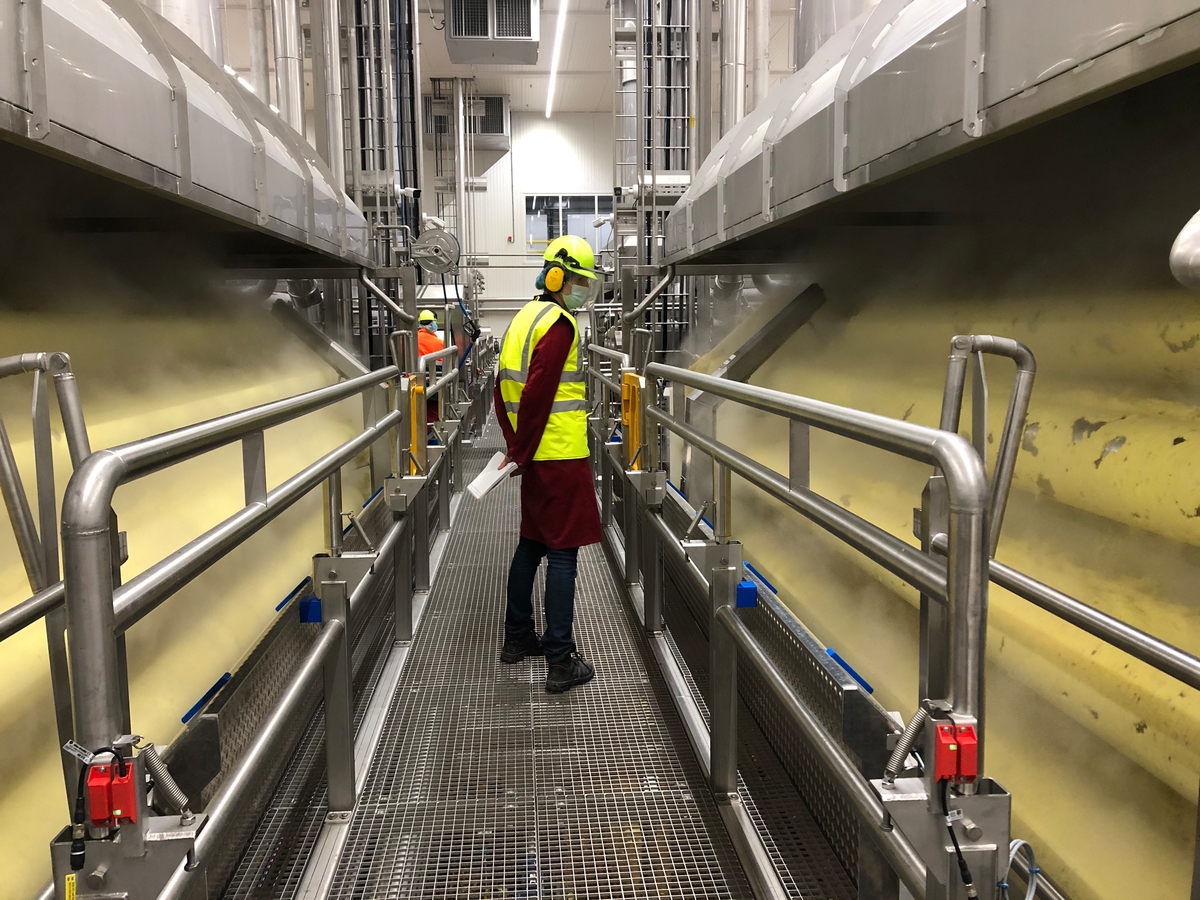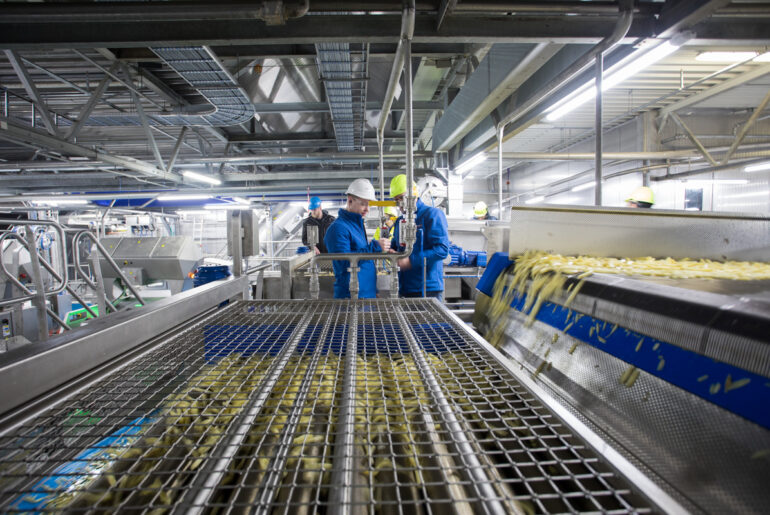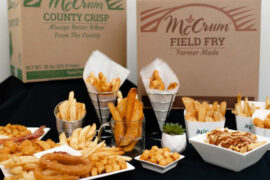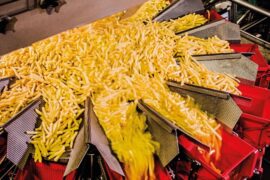Balanced Diet, Zero Waste and Climate Action are three key sustainability challenges that Lamb Weston/Meijer (LW/M) will focus on in the coming years, as disclosed in its recently published 2019-2020 Sustainability Report. Noting that most of the 2020 goals have been met, the Breda, Netherlands-headquartered frozen potato products specialist has now unveiled its ambitious Sustainability Agenda 2030.
Compared to the 2008 reference year, 90% of LW/M’s frozen products are now pre-fried in healthier vegetable oil, which is low in saturated fat. Furthermore, the company reused, recycled, or recovered 99.9% of processing by-products and waste streams. And in its six factories in Europe, direct CO2 emissions generated per kilogram of product have been reduced by 42%, whereas the product carbon footprint from field to freezer was cut by 22%.
“Considering it our responsibility to have an active and leading role in creating a better future, we want to ensure that growing and processing potatoes remains possible for many generations to come,” said CEO Marc Scroeder. “The humble and nutritious potato is key to everything we do, and we are always seeing possibilities in potatoes.”

Sustainability Agenda 2030
Lamb Weston/Meijer’s Sustainability Agenda 2030, which utilizes UN Sustainable Development Goals (SDGs) as a compass, was made after considerable stakeholder dialogue with customers, growers, business partners and employees. Here’s a synopsis of the challenges to be addressed:
Balanced Diet
The LW/M team will support consumers in their transition to a more balanced diet. The potato itself is one of the most sustainable, nutritious staple foods available to help feed a growing population. In making value added products from this raw material, Lamb Weston/Meijer strives to retain as much of the potato’s naturally present nutrients as possible.
Zero Waste
The second key challenge is to contribute to a fully circular food and agriculture business by steadily reducing waste to nil. The company aims to drive sustainable production and consumption and assure that food loss and waste is minimized along the supply chain. A commitment has been made to halve food waste and use less or better packaging towards 2030.
Climate Action
The third key challenge is Climate Action. The company will continue working to reduce its carbon and water footprint, and source sustainably. This will be achieved by focusing on the following areas: Sustainable Operations, Sustainable Agriculture and Sustainable Supply Chain.
The full 2019-2020 report, including the 2030 Sustainability commitments, is available online at www.lambweston.eu/sustainability.






